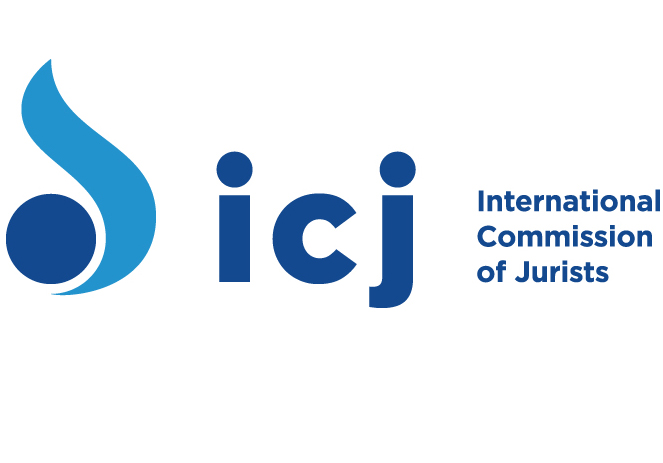
Mar 29, 2012 | Advocacy, Non-legal submissions
The ICJ made a written statement on national commissions of inquiry in South Asia at the Human Rights Council’s 19th session.Although national commissions of inquiry can contribute towards States’ fulfilment of their international human rights obligations when established in line with international standards and best practices, they are all too often found wanting and frequently designed to continue a culture of impunity for serious human rights violations and to weaken the rule of law.
In a written statement to the Human Rights Council during its 19th session in Geneva, the ICJ raised the issue of the relationship between national commissions of inquiry in South Asia with the criminal justice system, and the question of political will and adherence to international standards.
Written statement ICJ-non-judicial submission-2012 (full text in English, PDF)

Mar 23, 2012 | Advocacy, Cases, Legal submissions
On 22 March the ICJ together with 8 other organizations submitted and amicus curie brief in support of an action by the American Civil Liberties Union to obtain information under the US Freedom of Information Act about the CIA’s use of drones to carry out targeted killings around the world.
CIATargetedKillingsMemos-AmicusBrief-Joint-USA (download the joint amicus brief)

Mar 23, 2012 | News
 The ICJ is pleased with the decision of the Inter-American Court of Human Rights that parental sexual orientation is not a factor in child custody cases.
The ICJ is pleased with the decision of the Inter-American Court of Human Rights that parental sexual orientation is not a factor in child custody cases.
On 20 March the Inter-American Court of Human Rights ruled that parental sexual orientation is not a factor in child custody cases and that Chile had violated Karen Atala’s rights to equality, non-discrimination and privacy when the Supreme Court of Chile removed custody of her three daughters from her because she had begun a relationship with another woman.
In its first sexual orientation case, the Court held that sexual orientation is a protected ground, included under “other social condition” in Article 1 of the American Convention on Human Rights.
The Court further stated that the best interests of the child test could not be used as a pretext for prohibited discrimination in custody cases.
The Court also found that the Supreme Court of Chile’s reliance on stereotypes and prejudices was a violation of the State’s obligation to protect rights. Finally, the Court stated that the American Convention did not protect a specific form of traditional family and that states must recognize diverse family structures.
The International Commission of Jurists was called by the Inter-American Commission as an expert and submitted written and oral testimony on the role of parental sexual orientation as a factor in child custody cases.
Decision:
(http://www.corteidh.or.cr/docs/casos/articulos/seriec_239_esp.pdf)
Expert Submission:
(https://www.icj.org/dwn/database/Jernow%20Written%20Submission.pdf)

Mar 13, 2012 | News
The ICJ is concerned at the lack of transparency in the process, which could undermine universal human rights standards.

Mar 8, 2012 | News
 The ICJ today condemned the misrepresentation of international human rights law by some member States of the UN Human Rights Council.
The ICJ today condemned the misrepresentation of international human rights law by some member States of the UN Human Rights Council.










